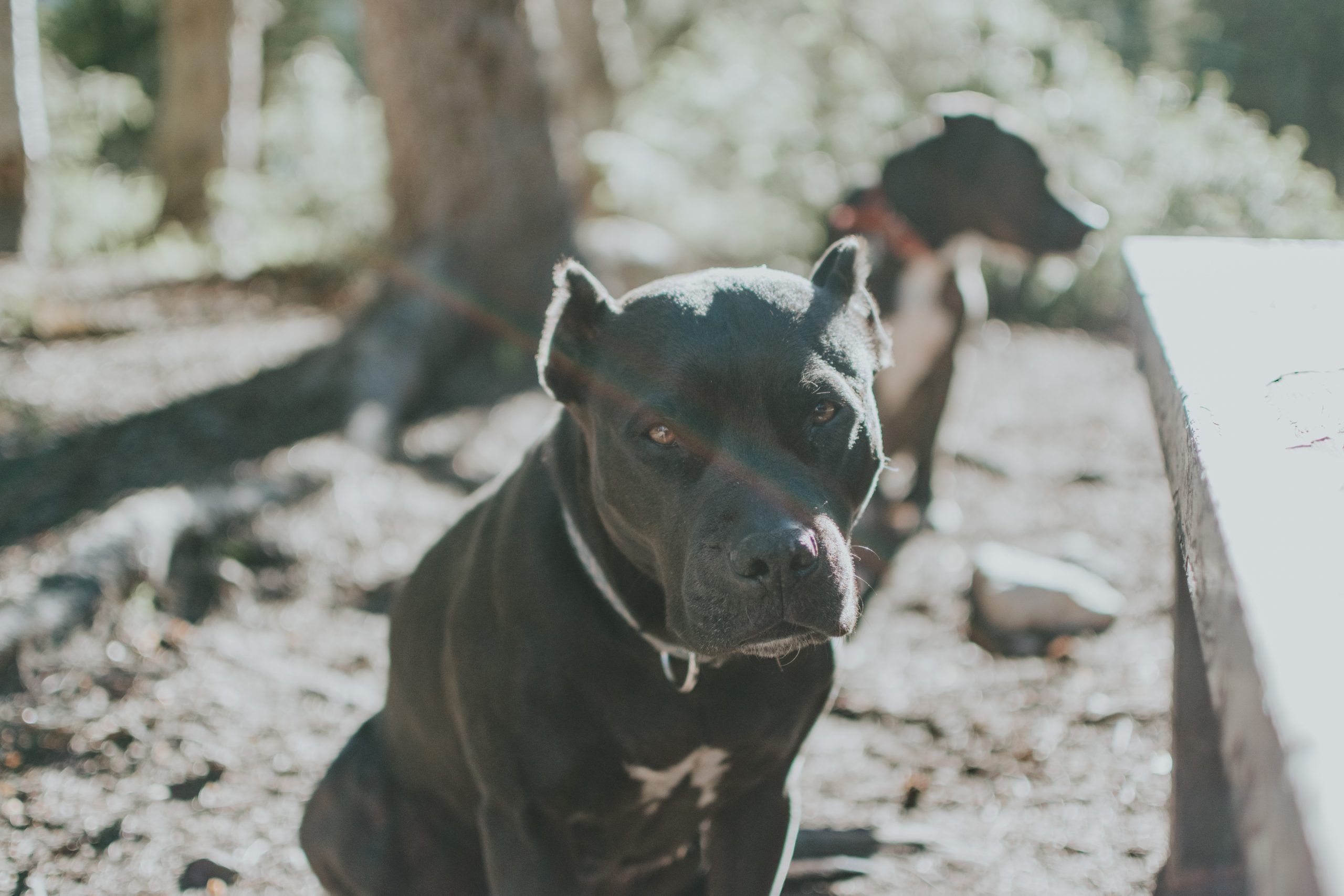If you were a dog, what kind of dog would you be? A lab? A poodle? A pitbull? A harmless and fun question, indeed. But what if I were to take that same question and ask you to answer it about someone else – someone of a different race than you?
Whether or not we are willing to admit it, most of us associate certain breeds with certain people based on our own perceived racial biases. This is especially the case when it comes to race. But it is important to realize that these associations are not an accident. There is a dark history behind the notion of “pure bred” – suffice to say that it wasn’t only meant for dogs. By virtue of this historically instilled parallel, we are often likely to equate certain breeds with particular races. In the same way that we perceive the different physical characteristics, traits, and intellect among different breeds – so too, do we make these distinctions among our own species in regard to race.
Race and breed are two words that shouldn’t even be in the same sentence. And yet, with only the most minuscule amount of digging – one will discover that not only are they frequently referenced together, but also, for most of our country’s history, they were believed to be one in the same. And while literally every single belief correlating the two has proven to be unequivocally false, unfortunately, the associations still linger over a century later. While we indisputably know that breed and race are not the same – our social conditioning still tells us otherwise.
Like any other person, I am not immune to this unfortunate social conditioning. While I would much rather not share my answers to the above questions – I obviously need to lead by example here. When I thought about me and my own race, Yellow Labs and Golden Retrievers first came to mind. When I thought about another race – namely Black – Pitbulls and Rottweilers came to mind. Needless to say, this did not sit well with me and brought up a lot of shame. While I would like to try and inadequately cover my unmistakable racial bias (i.e. trying to justify the association by simply saying, “I’ve just seen a lot of African Americans walking pitbulls in my neighborhood” or “I actually love pitbulls – they have just gotten a bad rap”) that is an outright fabrication of what is actually going on in my unconscious. However, to simply assume that my negative bias exists in a vacuum would be a mistake.
Recognizing that every single one of my racial biases has been learned/inherited – I ran a simple (and deliberately biased) search online (“African Americans + pitbulls”). The very first article that came up was entitled “Racism and the American Pitbull: The fear of certain breeds of dogs mirrors the fear of certain people…” followed shortly by an another page entitled “Are Pitbulls the Black People of Dogs?” It immediately became clear that this bias was not simply a fluke in my moral compass. This gave me a mixture of both relief, as well as disgust. And while I initially assumed that all of these pages would simply be anecdotal, uninformed, and likely racist – that was far from the case.
Consider the following excerpt from the first of the aforementioned articles, “The link made between savage beasts or dangerous animals and black humans is as old as the history of enslavement. As the actor Michael B. Jordan memorably phrased it: ‘Black males, we are America’s pit bull. We’re labeled vicious, inhumane, and left to die on the street.’”[i] This stereotype has become so deeply ingrained, that even Black Americans have been forced to reckon with the painful and damaging association. But the implication doesn’t just stop at how we feel about pitbulls and Black Americans, it also affects our actions – specifically pertaining to breed bans and discriminatory practices. As stated in the second article, “not only are pitbulls more likely to be affiliated with ‘inner city’ communities, but their behavior is reported at a dramatically higher rate than other breeds. Similar to the underreporting of Whites committing drug crimes, rapes, and other violent crimes, dogs thought of as ‘good for children’ (Beagles, Labs, Golden Retrievers) are unlikely to generate the communal hatred so easily sparked by the independent action of a [single] pitbull.”[ii] And while this quote speaks for itself – it is especially worth noting how the author highlights that an individual negative action of one pitbull affects people’s impressions of the breed as a whole. This is the same burden of unwanted ambassadorship that Black Americans experience on a daily basis – particularly when it comes to negative stereotypes.
In fact, the issue of racially discriminate breed bans has even made it up to the Supreme Court. An organization headed by Vernellia R. Randall, an African American professor at the University of Dayton School of Law, published an abstract from an article entitled “The Black Man’s Dog: The Social Context of Breed Specific Legislation.” The deliberations that took place at a legislative level were specifically in regard to breed bans that unfairly targeted pitbulls and communities of color – particularly African Americans and Latinos.
Alas, it should come as no surprise that such a link exists in our minds between African Americans and a breed that we have unfairly demonized, labeled as violent, dangerous, and unpredictable. Yet despite the fact that there is no current data to show a higher percentage of Latinos or African American’s disproportionately owning pitbulls, the association has still become intrinsically (and even deliberately) linked in our minds. This leads to further stereotypes, discriminatory practices, and the unnecessary endangerment of an entire race, and a breed of dog which inherently have nothing in common – other than both unfairly being the targets of deeply held prejudicial biases by many White people … myself included.
[i] https://www.currentaffairs.org/2016/09/racism-and-the-american-pit-bull
[ii] https://www.thefacultylounge.org/2008/02/are-pitbulls-th.html




